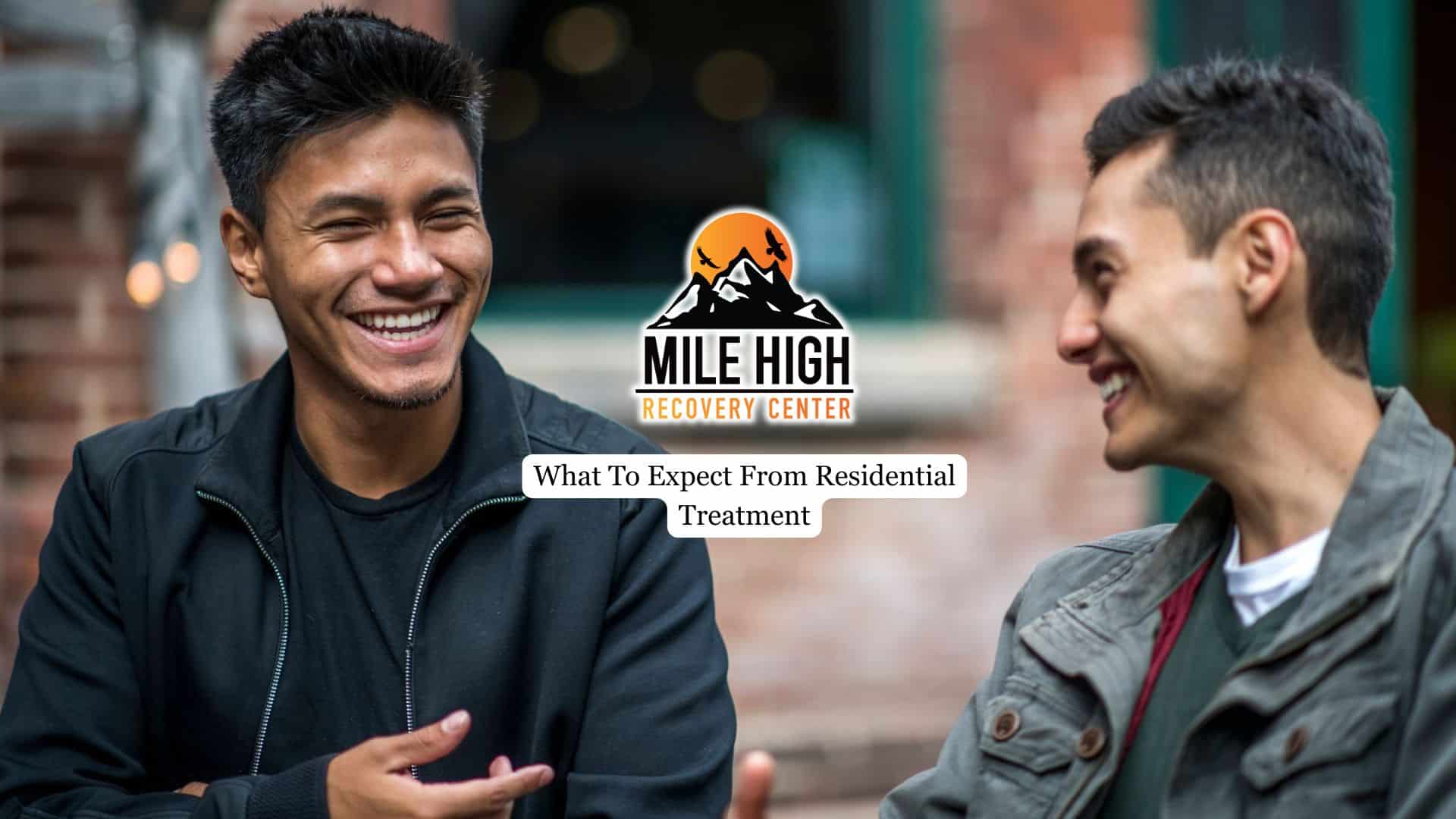Opioid addiction affects more than 15 million people worldwide and leads to over two million deaths annually. Finding effective treatment for this dangerous addiction is vital to saving lives. It allows people struggling with opioid use disorder (OUD) to improve their well-being, health, and productivity.
The Suboxone drug is used in and out of rehab settings to help people begin recovery. If you are worried about yourself or someone you care about struggling with OUD, you should seek professional help immediately. Mile High Recovery Center’s Colorado Suboxone-assisted treatment center can offer you the help you need to overcome addiction.
If you are wondering, “How does Suboxone work?”—or want to know about Suboxone treatment in Colorado—reach out to Mile High Recovery Center today. Our staff can answer all your questions and provide good information about how to start your recovery. Fill out our online form for a quick response, or call us at 303-268-2144.
How Opioids Affect the Brain
Everyone has opioid receptors in their brains, located in the brainstem. We also have chemical molecules called neurotransmitters that carry messages between brain cells. When something—like heroin or Oxy—activates opioid receptors, they work to block noradrenaline, the neurotransmitter that triggers alertness and a spike in blood pressure. When noradrenaline is blocked, the opposite symptoms appear, such as drowsiness and muted pain. In addition to blocking noradrenaline, opioid receptors, when activated, release dopamine, another neurotransmitter. Dopamine affects the part of the brain involved in feelings of pleasure.
Opioids get in the way of the body’s own naturally occurring chemicals, called endorphins, that activate our opioid receptors. Opioids are far more potent, eliciting a much more intense euphoric response and overwhelming the brain’s receptors after repeated use. Eventually, those receptors start to deactivate, which means you need higher doses of opioids to feel the effects. This sequence of events leads to tolerance, dependence, and addiction.
How Does Suboxone Help with Addiction?
Now you know how opioids interfere with the brain’s healthy operation. But how does Suboxone work to help remediate the situation? Suboxone is the trademarked name for a drug that combines buprenorphine and naloxone.
Buprenorphine
Some facts about buprenorphine:
- It is an opioid—a partial agonist
- It binds powerfully to the receptors to block other opioids, which thus lose their efficacy
- As a partial and not full agonist, it only creates enough opioid effects to stop withdrawal symptoms
- It makes people feel normal as opposed to high or euphoric
- It’s less likely to lead to tolerance because it is slower acting and slower to leave the body
A brain that has been dependent on opioids such as heroin or Oxy can function on buprenorphine without being high, feeling cravings, or experiencing withdrawal. Over time, medical professionals can reduce the dosage, so the brain reverts to its natural state, pre-addiction.
Naloxone
The other component in Suboxone balances the effects of buprenorphine. Naloxone:
- Is an antagonist
- Strongly attaches to opioid receptors to fight off and block other opioids
- Has no effect on the brain and creates no high
The answer to “How does Suboxone help with addiction?” is a multi-faceted one, but the drug is simple in its effects. The high is muted, and the withdrawal and cravings are as well. These actions allow you to begin the other work of recovery, such as learning sober life skills, engaging in therapy, and supporting and being supported in a peer recovery group.
Find Suboxone Treatment in Colorado at Mile High Recovery Center
At Mile High Recovery Center, we offer Suboxone treatment in combination with other evidence-based treatments and experiential therapies. Our inpatient and outpatient programs provide opportunities for people with various needs and challenges. We make rehab work for you. Let us know how we can help.
Have questions or want to learn more about our program? Contact Mile High Recovery Center today. Use this form or call 303-268-2144 to connect with someone.








